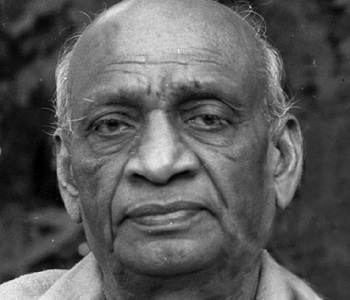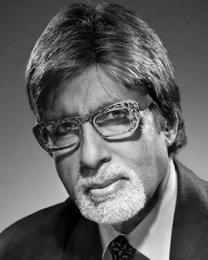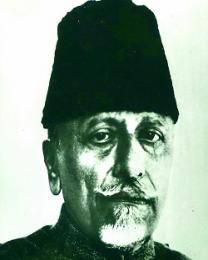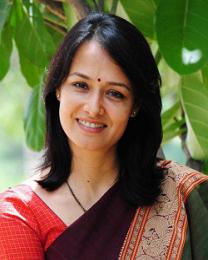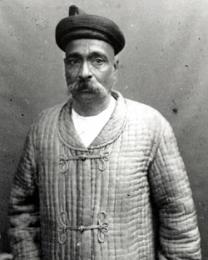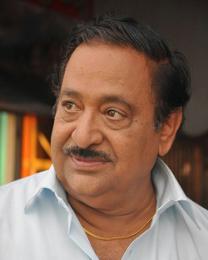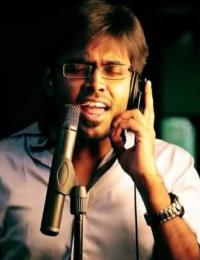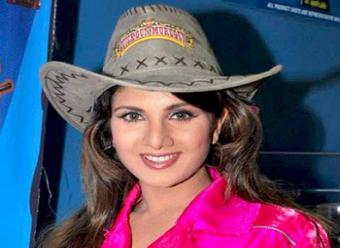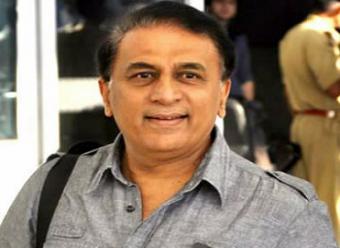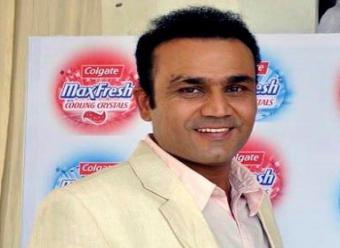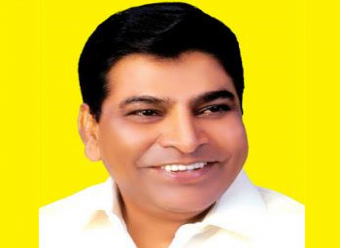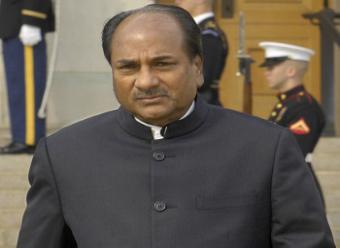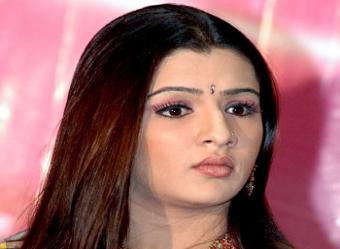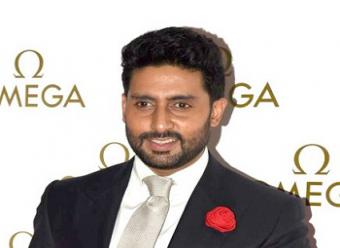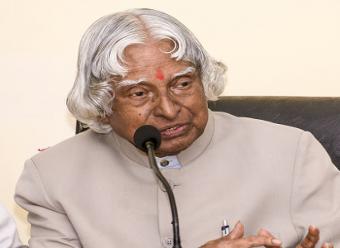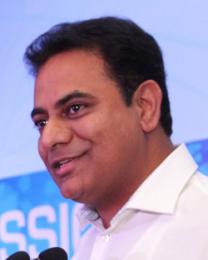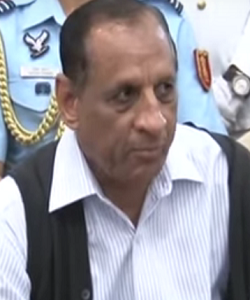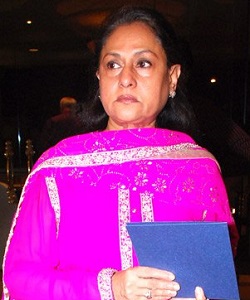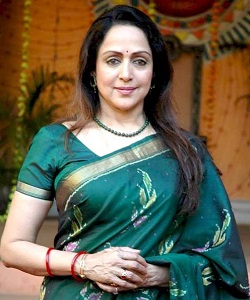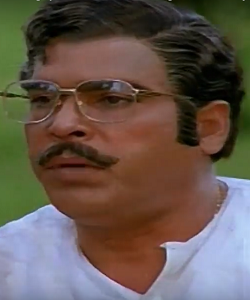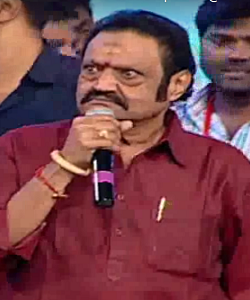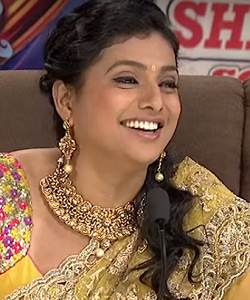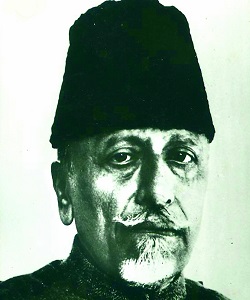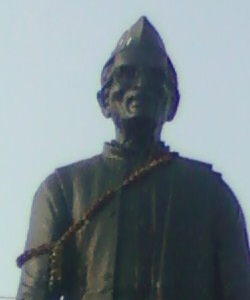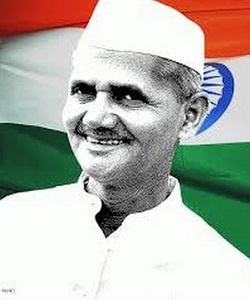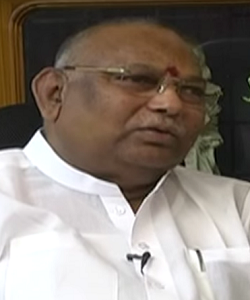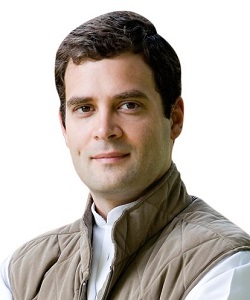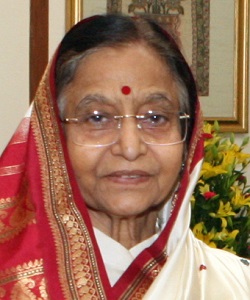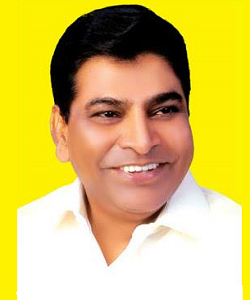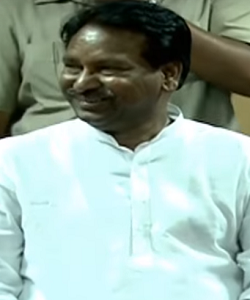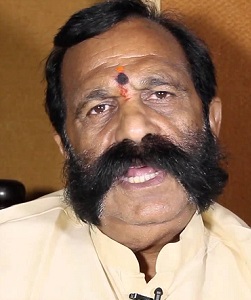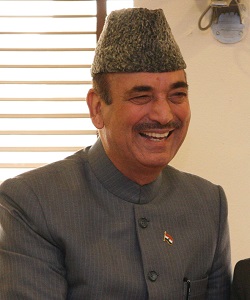Birth Name : Sardar Vallabhbhai Jhaverbhai Patel
Date of birth : 31/10/1875
Place of birth : Nadiad, British India
Category : Politicians
Early Career
Patel saved money to go to England to complete his studies in Law but his elder brother insisted to go first. It was only after his brother's return that Vallabhbhai went to England and returned as a full-fledged barrister. Vallabhbhai Patel started his Law practice in 'Godhra'. Patel got married to 'Jhaberaba'. In 1904, he got a baby daughter 'Maniben', and in 1905 his son 'Dahyabhai' was born. At the age of thirty-three his wife died, he did not wish to marry again.
Role in Independence
By the 'Kheda Satyagraha' turned Vallabhbhai Patel into a national hero. Patel supported Gandhi's Non-Cooperation Movement, and as president of the Gujarat Congress, helped in organizing bonfires of British goods in Ahmedabad. He gave up his English clothes and started wearing Khadi. Sardar Vallabh Bhai Patel was elected Ahmedabad's municipal president in 1922, 1924 and 1927.
In September 1917 Patel gave a speech, that was encouraging Indians nationwide to sign Gandhi's petition demanding Swaraj independence from the British. Patel said that his desire and commitment came after intensive personal contemplation, as he realised he would have to abandon his career and material ambitions. By the support of Congress volunteers 'Narhari Parikh', 'Mohanlal Pandya' and 'Abbas Tyabji', Vallabhbhai Patel began a 'village-to-village' tour in the Kheda district, asking villagers for their support for a statewide revolt by refusing the payment of taxes. In 1920, Patel was elected president of the newly formed Gujarat Pradesh Congress Committee, he would serve as its president till 1945.
Vallabhbhai supported Gandhi's "Non-cooperation" movement and toured the state to recruit more than 300,000 members and raise over Rs. 15 lakh in funds. Helping organise bonfires of British goods in Ahmedabad, Sardar threw in all his English-style clothes. With his daughter 'Mani' and son 'Dahya', he switched completely to wearing khadi. Patel organised volunteers, camps and an information network across affected areas. The revenue refusal was stronger than in Kheda and many sympathy satyagrahas were undertaken across Gujarat. During the struggle and after the victory in Bardoli that Patel was increasingly addressed by his colleagues and followers as "Sardar". In August 1942, the Congress launched the 'Quit India Movement'. The government jailed all the important leaders of the Congress, including Vallabhai Patel. All the leaders were released after three years.
As A Politician
After independence on 15th of August 1947, Pandit Jawaharlal Nehru became the first 'Prime Minister of independent India' and Sardar Patel became the 'Deputy Prime Minister'. He was in charge of 'Home Affairs, Information and Broadcasting and the Ministry' of States. Some of the Maharajas and Nawabs who ruled over these were sensible and patriotic. But most of them were drunk with wealth and power. They were dreaming of becoming independent rulers once the British quit India. They argued that the government of free India should treat them as equals. Some of them went to the extent of planning to send their representatives to the United Nations Organization. Due to the achievement of this massive tasks, Sardar Patel got the title of 'Iron Man'
Death
Patel's health declined rapidly through the summer of 1950. He began coughing blood, limiting his meetings and working hours and arranged for a personalised medical staff to begin attending to Patel. Patel died on 15 December 1950 at Birla House in Bombay. For his services to the nation Sardar Patel was conferred with Bharat Ratna in 1991.


